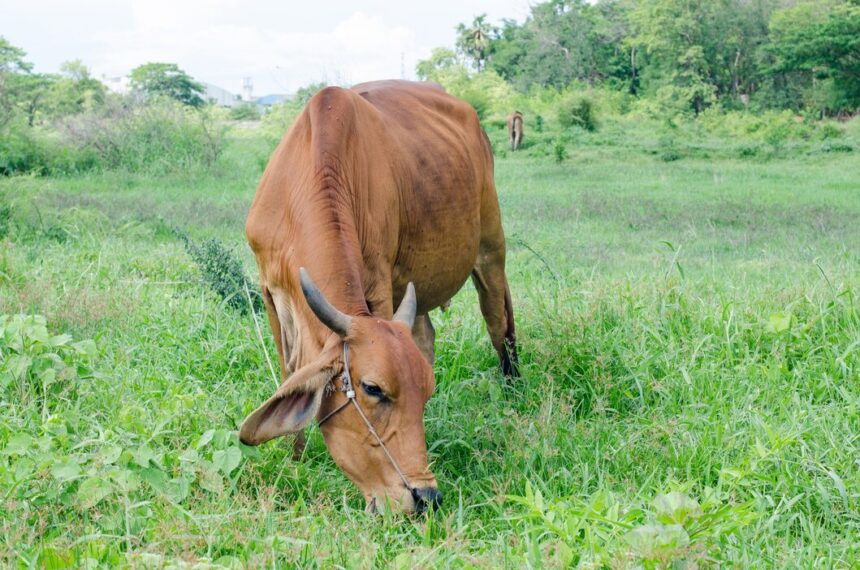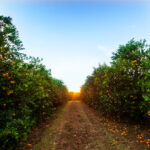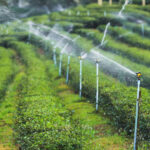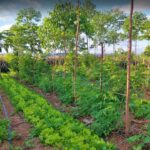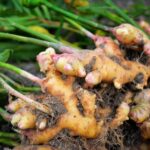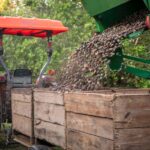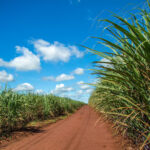Afrikaner cattle, a breed indigenous to South Africa, hold a special place in the country’s agricultural heritage. Known for their hardiness and adaptability, Afrikaner cattle have become an integral part of farming practices in various regions. Here are 10 crucial aspects to consider when it comes to breeding and farming Afrikaner cattle in South Africa.
- Historical Significance:
Afrikaner cattle are deeply rooted in South Africa’s history, having been bred by the early Dutch settlers. Over the years, these cattle have adapted to the country’s diverse climates, making them a valuable asset for farmers. - Adaptability to Harsh Conditions:
Afrikaner cattle are well-suited to the challenging environmental conditions prevalent in parts of South Africa. They are known for their resilience to heat, resistance to diseases, and ability to thrive in arid regions. - Dual-Purpose Breed:
Afrikaner cattle are recognized as a dual-purpose breed, excelling in both meat and milk production. Farmers can benefit from their ability to provide high-quality beef while also contributing to dairy operations. - Calving Ease:
Afrikaner cattle are known for their relatively easy calving process. This trait is particularly valuable for farmers, reducing the risk of complications during calving and ensuring the health of both the cow and calf. - Foraging Ability:
These cattle have a strong foraging ability, making them well-suited to grazing in extensive and semi-arid landscapes. Their ability to thrive on natural pastures is advantageous for sustainable and cost-effective farming. - Resistance to Tick-Borne Diseases:
Afrikaner cattle exhibit a level of resistance to tick-borne diseases, a common concern in many regions of South Africa. This resistance contributes to their overall hardiness and reduces the need for intensive parasite control measures. - Conservation Efforts:
Given the historical and cultural significance of Afrikaner cattle, conservation efforts are in place to preserve the breed. Breeders and organizations actively work towards maintaining the genetic diversity and purity of Afrikaner cattle. - Selective Breeding Practices:
Farmers engaged in breeding Afrikaner cattle often employ selective breeding practices to enhance desirable traits such as growth rate, milk production, and resistance to diseases. This contributes to the overall improvement of the breed. - Market Demand for Afrikaner Beef:
The meat produced by Afrikaner cattle is highly regarded for its quality and flavor. There is a growing market demand for Afrikaner beef, both domestically and internationally, presenting economic opportunities for farmers. - Support and Resources:
Farmers involved in breeding and farming Afrikaner cattle can benefit from support networks and resources provided by agricultural organizations and government initiatives. These resources include access to veterinary services, breeding programs, and market information.
Breeding and farming Afrikaner cattle in South Africa is a significant endeavor that aligns with the country’s agricultural heritage. The unique characteristics of this breed, coupled with its adaptability and historical significance, make Afrikaner cattle a valuable asset for farmers. By understanding and incorporating these key aspects, farmers can contribute to the preservation and prosperity of Afrikaner cattle within the agricultural landscape of South Africa.

